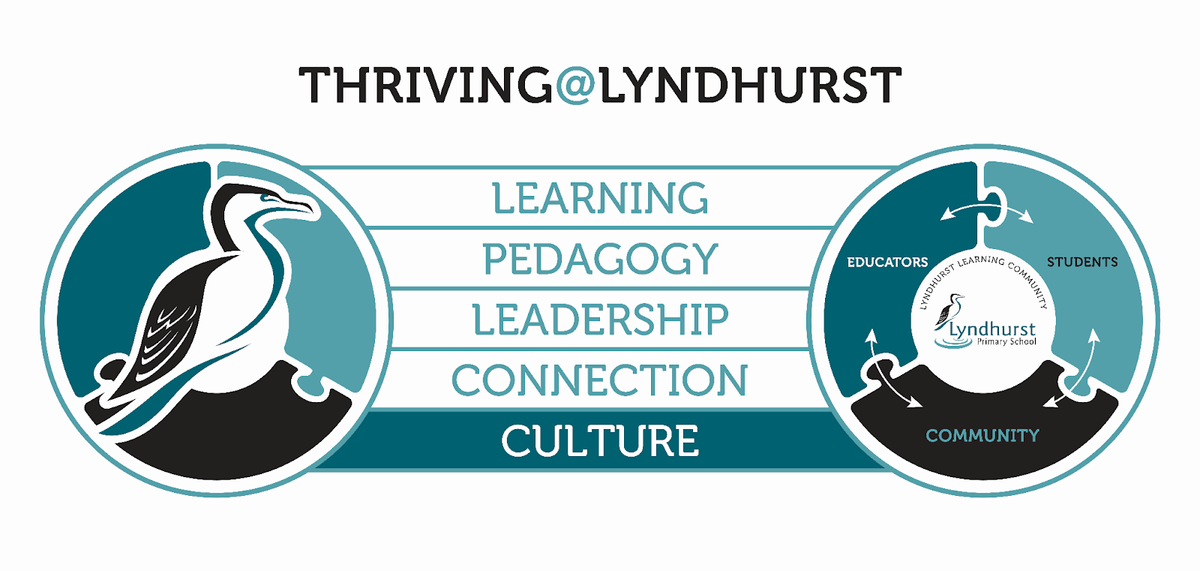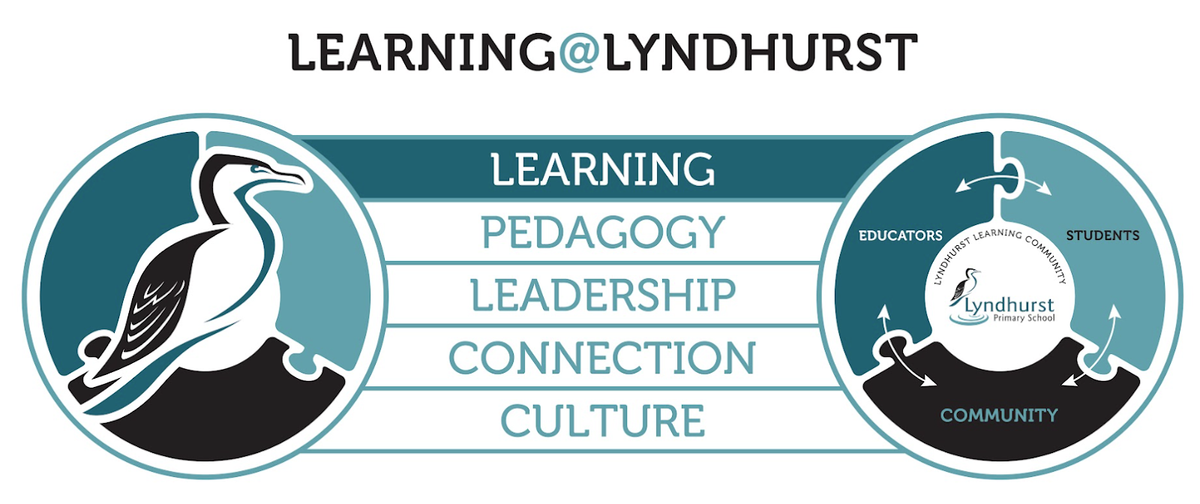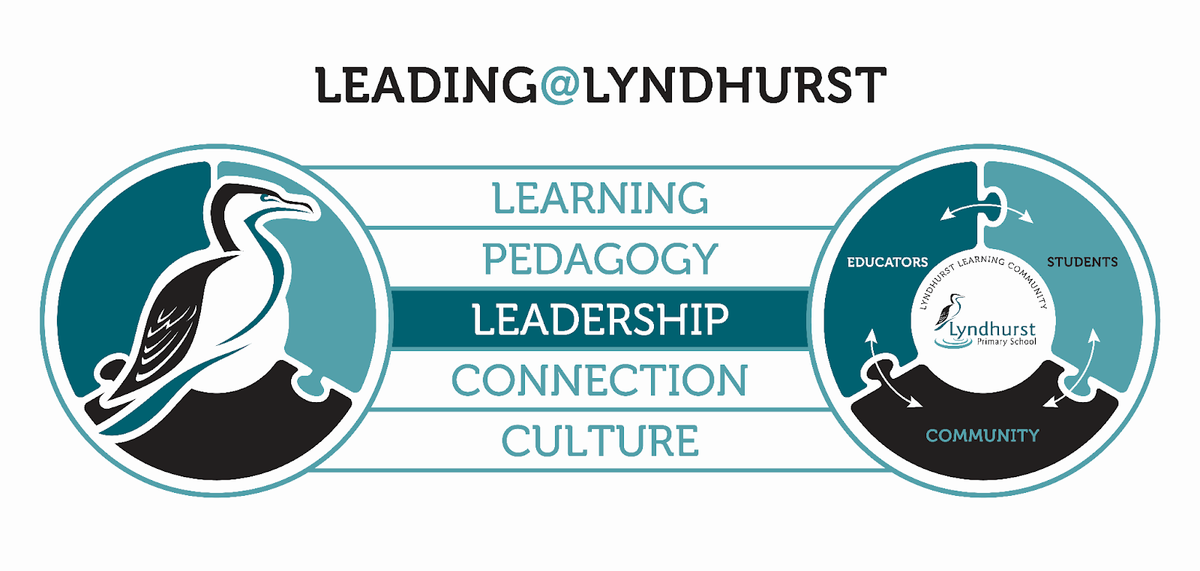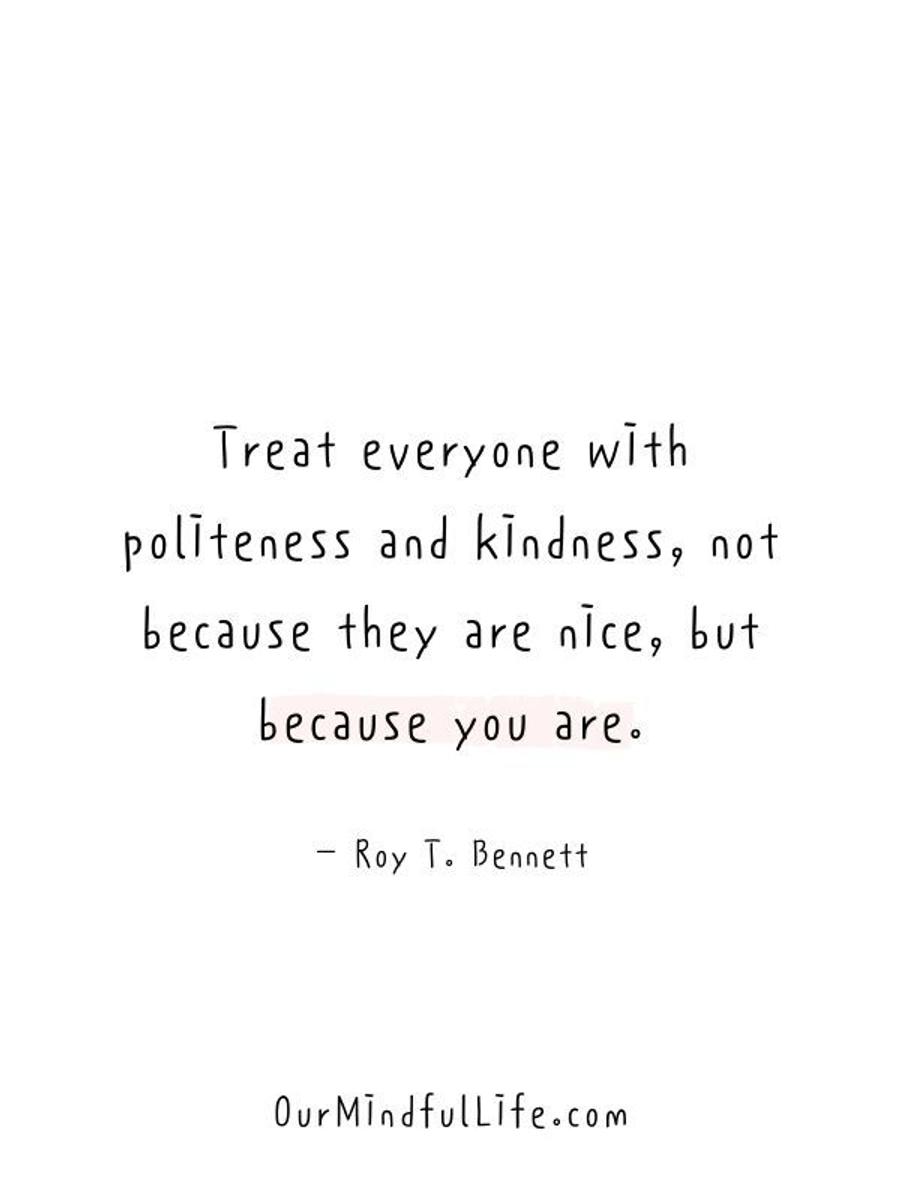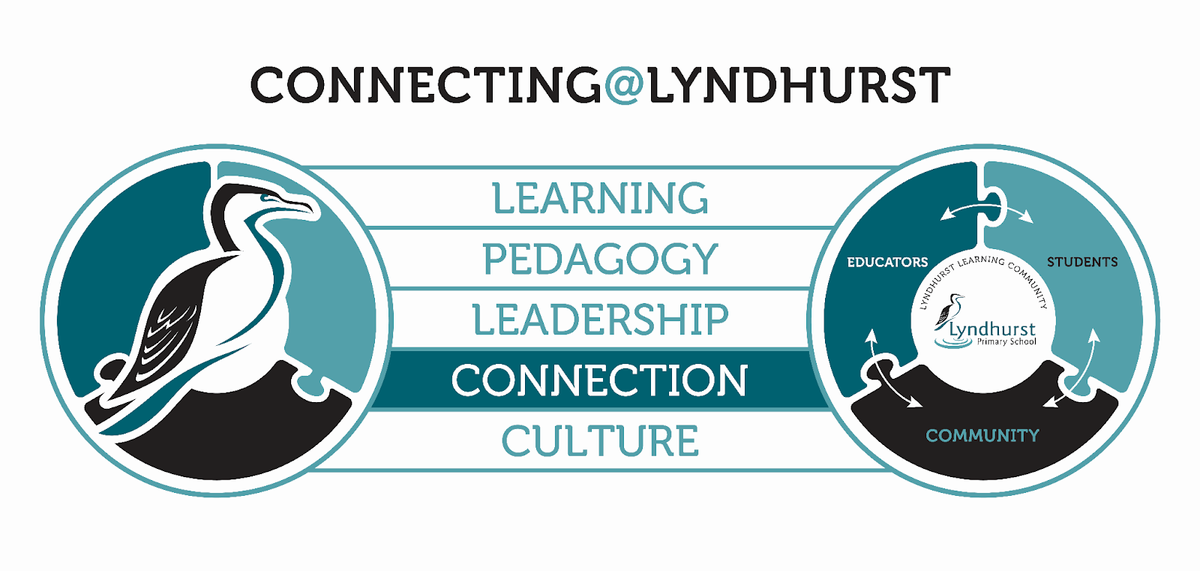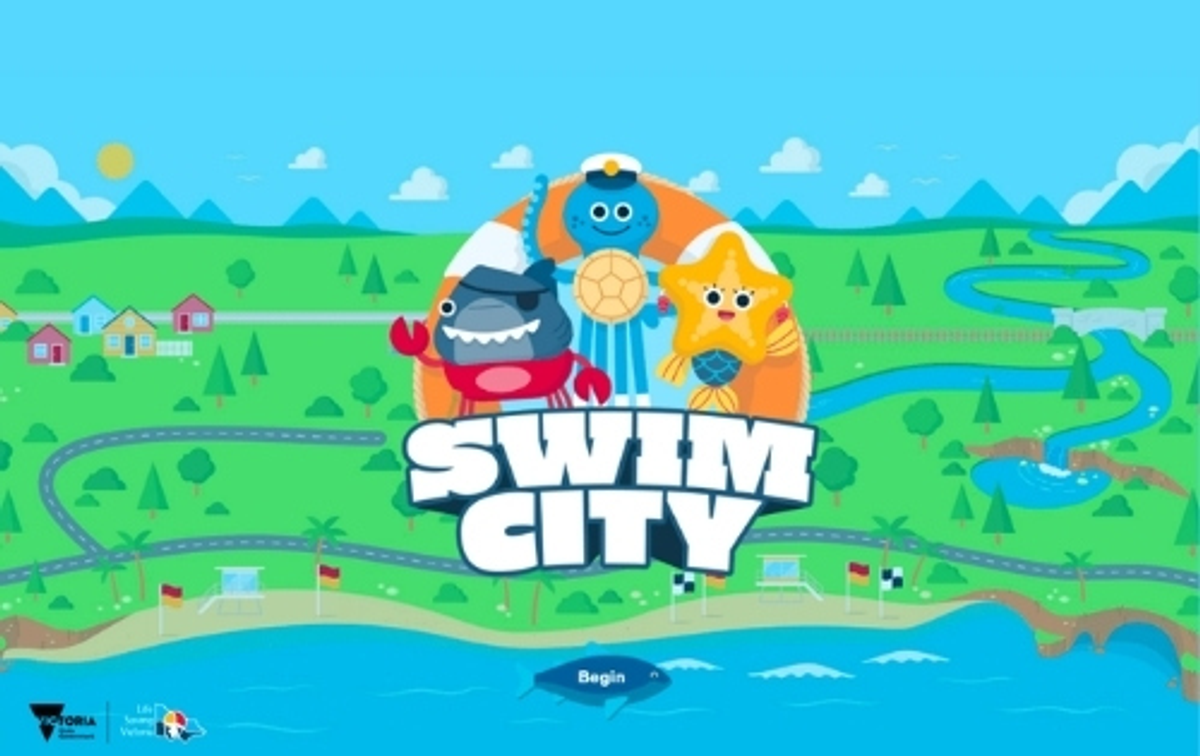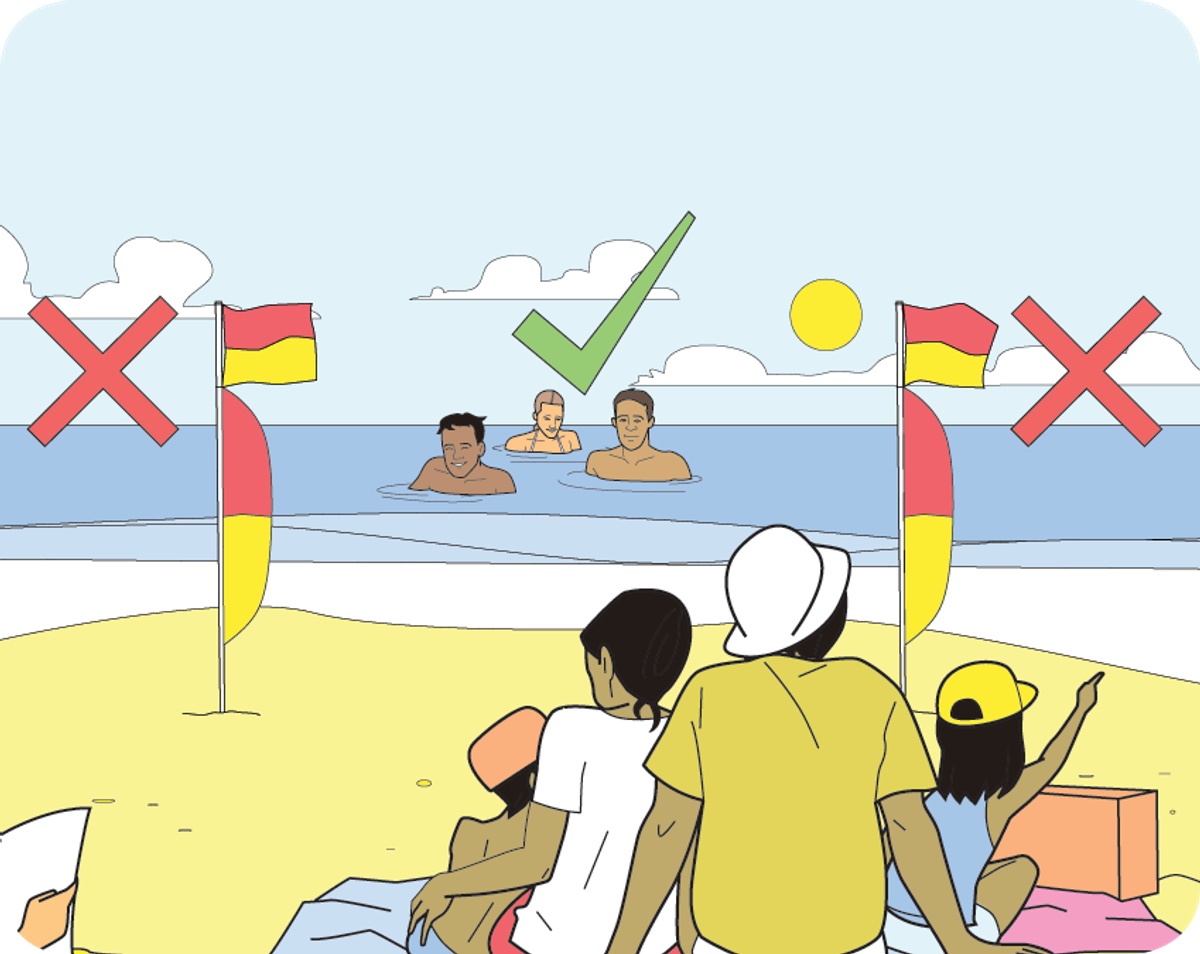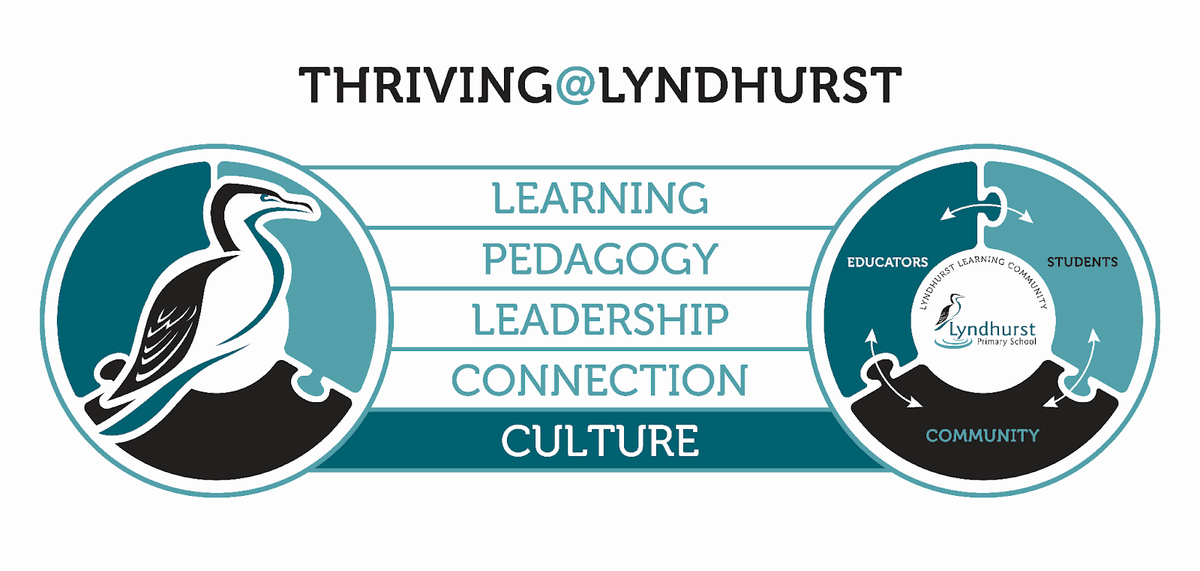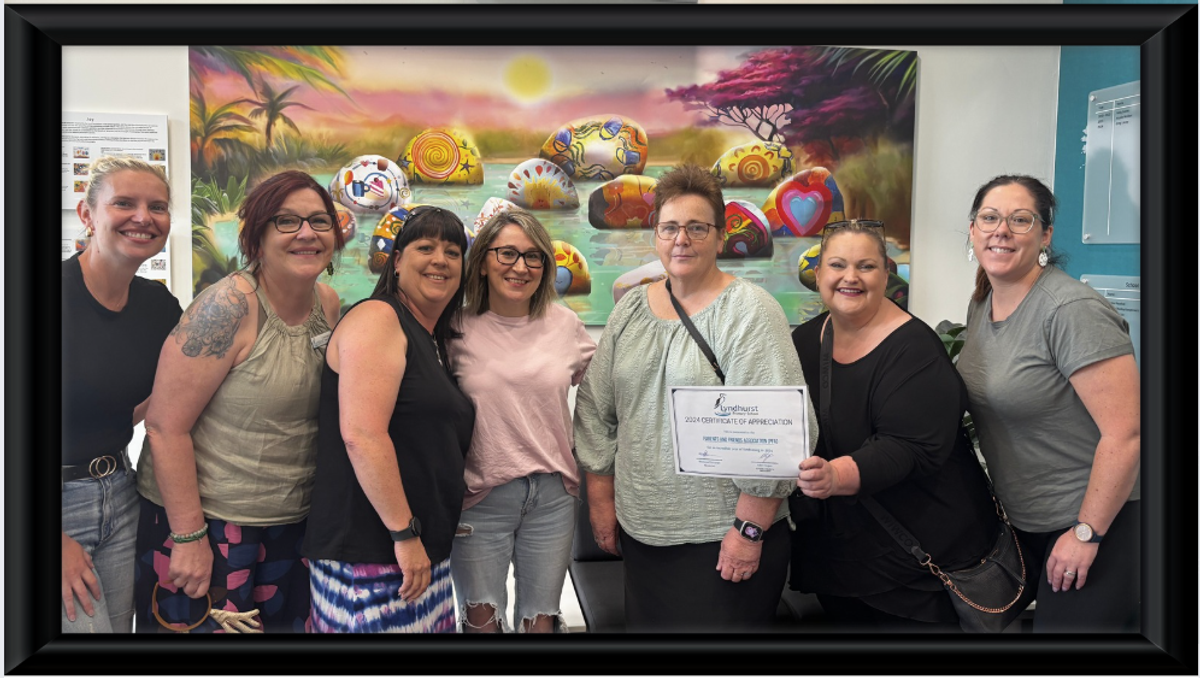Principal's Report
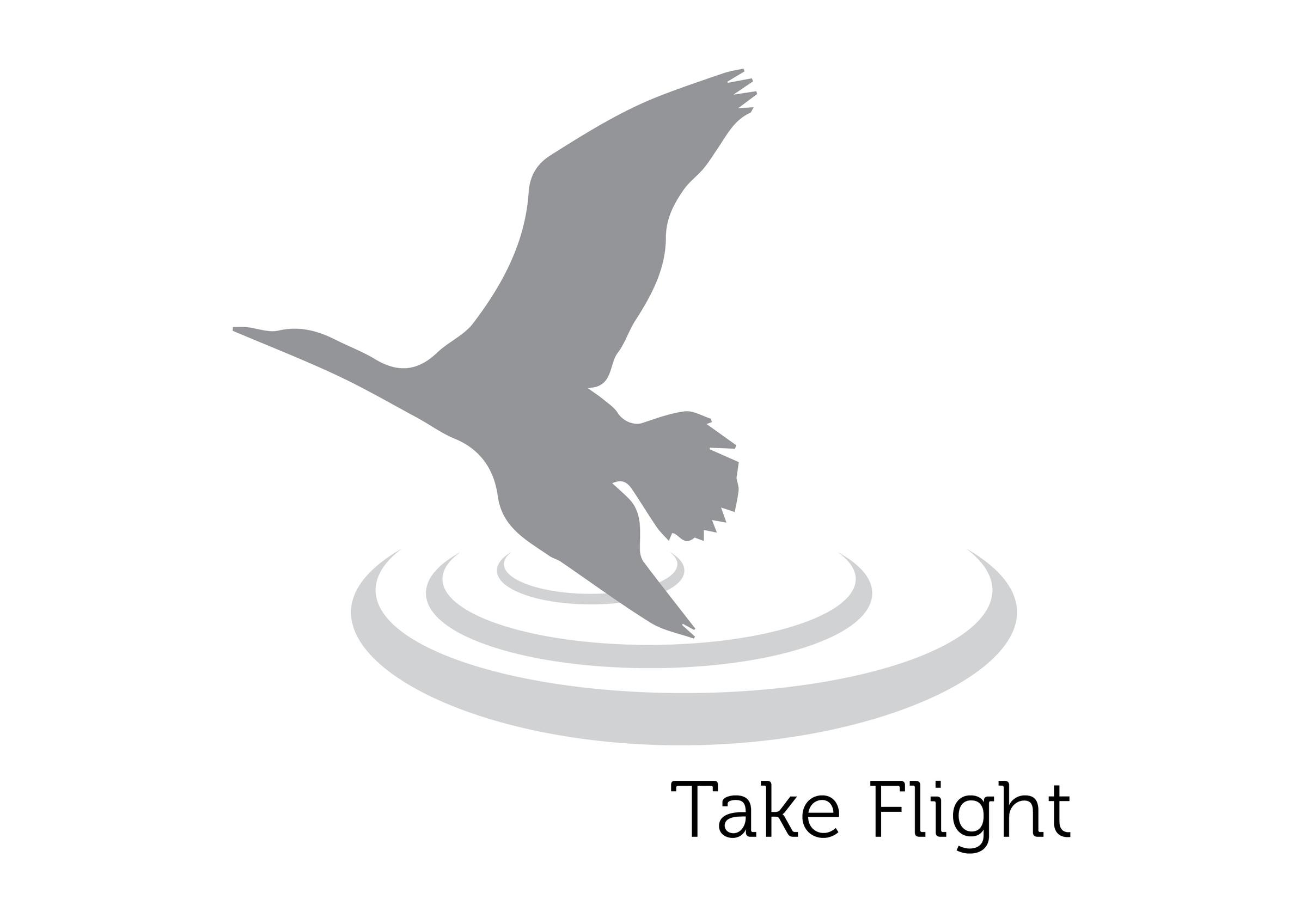
Principal’s Report Wk 10, Tm 4, 2024
Social Media Usage
When social media was first launched in the late 1990’s, the ideal purpose was for users to access ‘for good not for evil’. Social media can include:
- video and photo sharing websites (for example, YouTube, Flickr)
- blogs, including corporate blogs and personal blogs (for example, WordPress, EduBlogs)
- micro-blogging (for example, X (formerly Twitter))
- forums, discussion boards and groups (for example, Reddit, Whirlpool)
- wikis (for example, PBWorks, Fandom)
- instant messaging (for example, WhatsApp, WeChat, Telegram, QQ)
The vast majority of social media users do so, for such purposes as:
- Building Connections
- Sharing Educational Content
- Supporting Mental Health
- Fostering Inclusivity
- Encouraging Creativity
- Advocating for Social Causes
It is important that we role model expected and acceptable behaviour towards both adults and children. We need to more courageous to ‘call out’ inappropriate behaviour such as speaking negatively about others eg. teachers. If on social media, there are questions made of the school, please direct to:
- Compass including calendar
- Newsletter
- the best contact (in order): (1) Classroom teacher (2) Subschool leader (3) Principal class
If a staff member is treated in a negative or inappropriate way on social media, as is reported to the school, the Principal will address accordingly.
2024 Semester 2 Reports
Lyndhurst PS Semester 2, 2024 reports are available to view on Compass on Thursday 19th December. Schools are required to formally report student achievement and progress to parents/carers at least twice per school year for each student enrolled at the school. The report must be:
- a written report (print or digital)
- in an accessible form, and
- easy for parents/carers to understand.
Schools must report directly against the Victorian Curriculum F–10 achievement standards.
Both student achievement and progress must be included in the report by:
- providing a teacher judgement against the achievement standards, assigned as a score, that accurately reflects where each student is along the relevant learning continuum for all curriculum areas taught during the reporting period
- showing student progress since the last report on each curriculum area
- using a 5-point scale to report on student achievement and/or progress, noting that:
- this requirement cannot be met by using the levels of the curriculum (for example, Level 2, 3, 4, 5, 6)
- at least an age-related 5-point scale is required for English, Mathematics and Science
- an age-related scale is not required for all other curriculum areas, including EAL, nor for students with disability and/or additional needs. In these cases, another kind of five-point scale must be used (for example, a scale developed around learning goals, learning dimensions or expected progress)
- more than one scale may be used for the same learning area or capability. For example, Science may include a scale against learning goals as well as the required age-related scale.
Interpreting services are available for communicating with parents/carers who require assistance in understanding their child’s achievement and progress. Refer to Interpreting and Translation Services.
Note, in the case of students new to the school or absent for an amount of time, there may be specific instances where a school cannot provide a report.
If you have trouble accessing your child’s reports, please do not hesitate to contact the office.
International Day of Persons with Disabilities (IDPD)
The annual observance of the International Day of Persons with Disabilities (IDPD) was on the 3rd December. This year's theme was "Amplifying the leadership of persons with disabilities for an inclusive and sustainable future”.
Did you know there are more than 5.5 million people with disabilities in Australia? By acknowledging this important day, we can all do our bit to ensure people with a disability can take part in and contribute to society. We can help to remove barriers for people with a disability and contribute to positive change in our classrooms and our community.
Such a day is a perfect opportunity to also remind ourselves and educate our students on people living with invisible disabilities. It is easy to identify disability in someone who walks with a cane, has lost a limb or is bound to a wheelchair, but a large percentage of people are suffering in silence. In Australia, there are 4.4 million people living with one or more disabilities. Of these, at least 90% have one or more invisible disabilities. It is equally important to remind everyone the age old saying "be kind, for everyone you meet is fighting a battle you know nothing about."
At LPS, we have an appointed leader dedicated to the Disability Inclusion space, who supports the Educational Support leader in ensuring implementation of authentic and explicit strategies for all students with a diagnosed disabilities or syndrome. As a Leadership team, we empower every staff member to consider the perspective of those with a disability, to cater for their individual needs, as well as support them to be and become an active contributor to their learning and wellbeing.
Through a curation of books in the LIbrary, staff were encouraged to share with the students books recognising this important day through literature to challenge perceptions about disability, remove barriers and promote inclusive and respectful attitudes and behaviours in our school and community.
Water Safety during the holiday break
We are such a lucky country where we have enormous opportunities to live, play and learn about water. Being safe and aware around water is crucial as it only takes a lapse of judgement or a split second for a tragedy to happen.
To help families stay safe around water in the school holidays, we share with you the following resources to guide you:
- Life Saving Victoria’s Water safety tips
- Swim City. Join Finn, Pod and Splash and their new friend Rockyon an adventure to learn about water safety with Swim City, a fun online game. Aimed towards children in Years Prep–6, Swim City is a free 30-minute online game that supports students to work towards achieving the knowledge component of the Victorian Water Safety Certificate (VWSC), all while having loads of fun! Students will explore four different aquatic environments and solve challenges along the way like identifying dangers and making areas safe.
- Surf Life Saving Australia’s Beachsafe website (App available) shows which beaches have lifesaving clubs and when lifesavers/lifeguards are present.
A safe school for all
LPS recognises the importance of the partnership between schools and parents to support student learning, engagement and wellbeing. We share a commitment to, and a responsibility for, ensuring inclusive, safe and orderly environments for children and young people.
Our Statement of Values sets out our behavioural expectations of all members in this school community. We respect the diversity of individuals in our school community and the shared responsibility in building safe and respectful school communities.
Discrimination, sexual and other forms of harassment, bullying, violence, aggression and threatening behaviour are unacceptable and will not be tolerated in this school.
Our Statement of Values acknowledges that parents and school staff are strongly motivated to do their best for every child. Everyone has the right to differing opinions and views and to raise concerns, as long as we do this respectfully as a community working together.
As we head into the end of the school year, it is important to remind parents, carers and family members the importance of being compassionate, patient and kind. Please take a moment to pause, take a breath and consider the impact on others of your actions.
As Parents, we should:
- Model positive behaviour to our child
- Ensure our child attends school on time, every day the school is open for instruction
- Take an interest in our child’s school and learning
- Work with the school to achieve the best outcomes for our child
- Communicate constructively with the school and use expected processes/protocols when raising concerns
- Support school staff to maintain a safe learning environment for all students
- Follow the school’s complaints processes if there are complaints
- Treat all school leaders, staff, students, and other members of the school community with respect
Thank you to our Parents and Friends Association (PFA)

